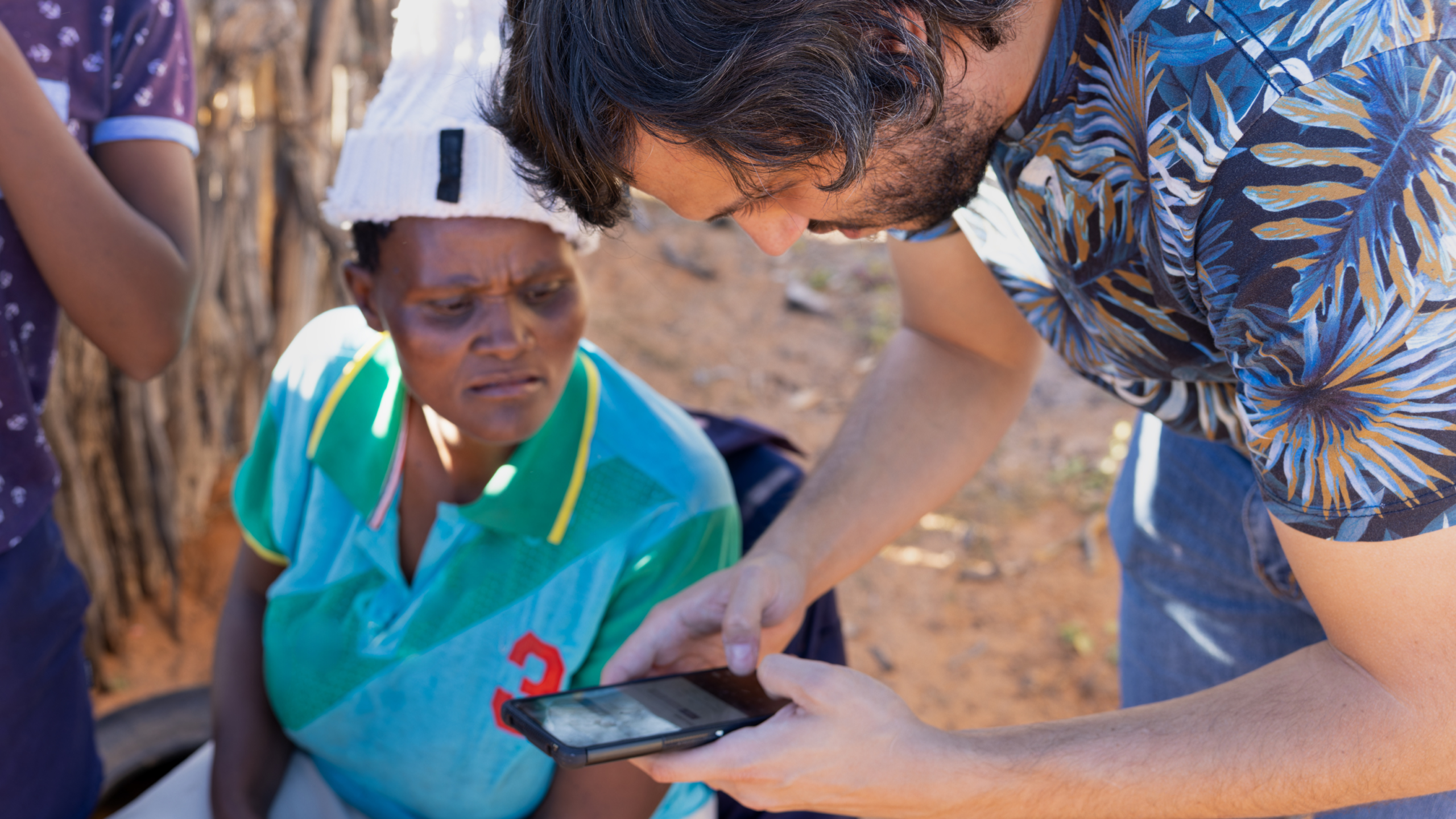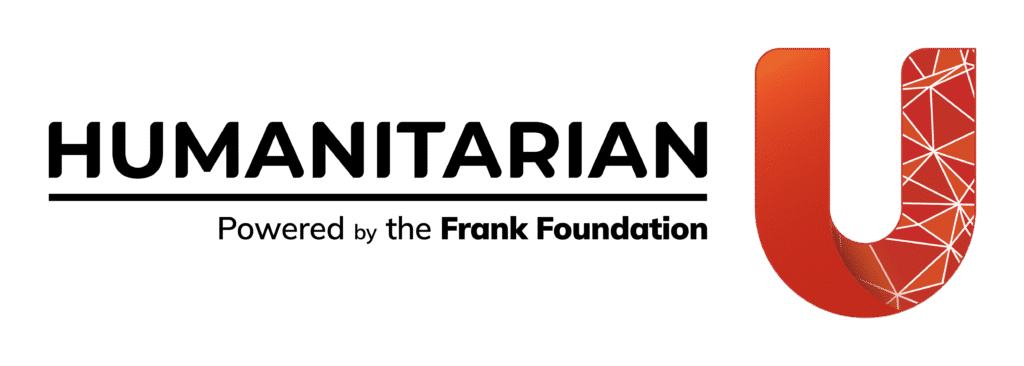In an ever-changing world where humanitarian crises are becoming increasingly complex, the need for well-trained and skilled humanitarian workers has never been greater. As we look to the future of humanitarian education and training, it’s clear that technology and online learning platforms are playing a pivotal role in shaping the landscape. Today, we’re excited to explore the innovative approach of Humanitarian U and how it’s transforming the way we prepare the next generation of humanitarian professionals.

The Growing Demand for Humanitarian Expertise
According to the 2018 Global Humanitarian Assistance Report, over 201 million people in 134 countries worldwide were estimated to be in need of humanitarian assistance in 2017. This staggering figure underscores the critical importance of having a well-prepared workforce ready to respond to crises. As the aid sector has grown exponentially over the past two decades, so has the number of aid workers. In this rapidly expanding and diverse global workforce, finding experienced candidates and building capacity through quality learning has become more vital than ever.
Enter Humanitarian U: A Game-Changer in Humanitarian Education
Humanitarian U, an initiative by NextGenU.org, is at the forefront of this educational revolution. By offering free online courses to humanitarian professionals, Humanitarian U is breaking down barriers to access and democratizing knowledge in the field. This innovative platform is addressing the growing gap between the complexity of digital technologies being adopted in humanitarian work and the necessary skill level of staff to implement them effectively.

The Future of Humanitarian Training: Online, Accessible, and Comprehensive
As we look to the future, several key trends are emerging in humanitarian education and training. Online learning platforms like Humanitarian U are becoming increasingly sophisticated, offering interactive and engaging content that can be accessed from anywhere in the world. This approach is particularly crucial in reaching humanitarian workers in remote or conflict-affected areas. The future of humanitarian education lies in personalized learning experiences, allowing learners to tailor their education to their specific needs and career goals. Additionally, blended learning models that combine the flexibility of online courses with hands-on experience are gaining traction, as exemplified by programs like the Humanitarian Operations Programme (HOP) offered by Save the Children.
There’s a growing emphasis on digital literacy for all frontline humanitarians, crucial for the safe and effective use of technology in the field. Standardization and recognition of skills through initiatives like HPass are making it easier for humanitarian workers to showcase their qualifications and for employers to find suitable candidates. The rapidly evolving nature of humanitarian work necessitates continuous learning, supported by platforms offering a wide range of courses for ongoing professional development. Lastly, there’s a trend towards developing online learning programs contextualized to specific regions, as evidenced by the success of programs like the Humanitarian Leadership Diploma (HLD) in the Middle East and North Africa (MENA) region.

The Impact of HumanitarianU
Humanitarian U is not just another online learning platform; it’s a catalyst for change in the humanitarian sector. Providing free, high-quality, accredited education empowers humanitarian workers worldwide to enhance their skills and knowledge. This, in turn, leads to more effective humanitarian responses and ultimately benefits the people in need of assistance.
As we move forward, the role of platforms like Humanitarian U in shaping the future of humanitarian education cannot be overstated. They are bridging the knowledge gap and creating a global community of skilled humanitarian professionals ready to tackle the world’s most pressing crises.
In conclusion, the future of humanitarian education and training is bright, with technology and online learning platforms like Humanitarian U leading the way. As humanitarian activists, we must embrace these new learning opportunities and advocate for accessible, high-quality education in our field. By doing so, we can ensure that the humanitarian sector remains agile, effective, and ready to meet the challenges of tomorrow.
To learn more about Humanitarian U, please click here, to visit our website.
References:
El-Jardali, F., Bou-Karroum, L., Hemadi, N., Jammal, A., Abou Samra, C., Shehab, A., Abou Mrad, L., & Fadlallah, R. (2022). Evaluation of an online training program on humanitarian leadership for humanitarian workers in the Middle East and North Africa. Conflict and Health, 16(1), 23. https://doi.org/10.1186/s13031-022-00454-0
Humanitarian Leadership Academy. (n.d.). Home. Retrieved 20th August, 2024, from https://www.humanitarianleadershipacademy.org
RedR UK. (2018, August). HPass: Strengthening the Humanitarian sector. Retrieved [20th August 2024], from https://www.redr.org.uk/News/August-2018/HPass-Strengthening-the-Humanitarian-sector
